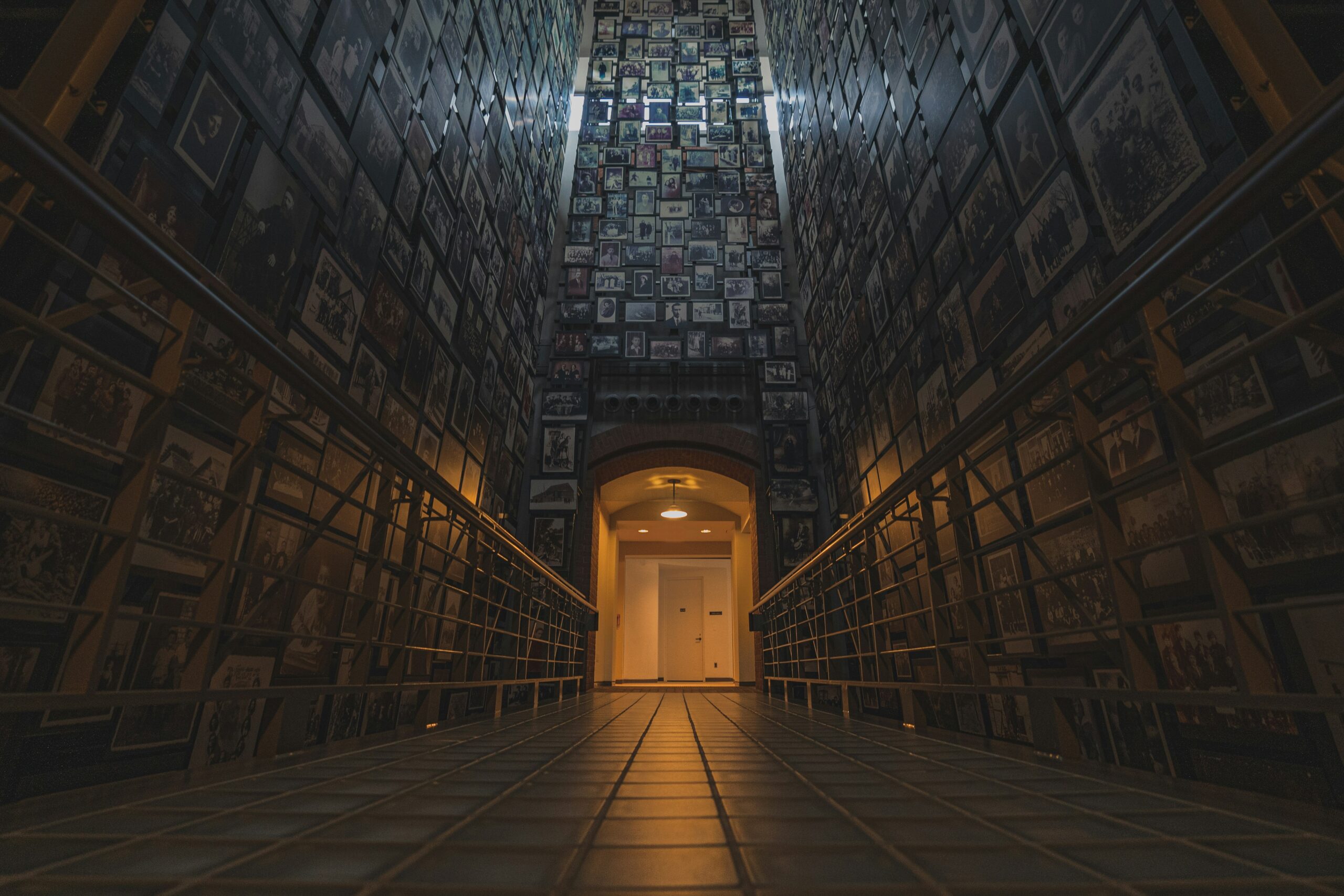The number of books in the world is staggering, absorbing countless reams of paper bearing tiny black marks like a gargantuan wading ice floe covered with gnats. One could say that every year—an arbitrary but serviceable interval of time—most of this congeries of bound paper (totaling almost 130 million books as of 2010) is shuffled toward what littérateur and Everyman alike designate as oblivion. The vast majority of books are, of necessity, hurtling meteorites striking…
-
-
In his snarky and incisive polemic satirizing the American class system, Class, Paul Fussell provides a tour-de-force panorama of what most Americans, especially those marinating in our current postmodern zeitgeist, would never acknowledge in polite company: that although all citizens in this Western democracy are equal under the law, possessing rights to life, liberty, and property, they are nonetheless different and thus unequal, inferior and superior as determined by the myriad attributes that humans can…
-
In the wintry world of the Klondike, located in the Yukon territory of northwestern Canada, an influx of prospectors searching for gold brought timeless fame to what was to become the mecca of many pioneers: The Klondike Gold Rush. Competing for immeasurable riches, pioneers and prospectors alike embodied the dueling instincts of avarice and survival, living on the border of fabulous riches and utter squalor. Deriving its setting and incidents from the Klondike Gold Rush…
-
As an unprecedented success overtaking Titanic at the Japanese box office and becoming the highest-grossing film in Japanese history, winning worldwide acclaim and the Academy Award for Best Animated Feature, Spirited Away has since solidified its stature as the preeminent Japanese animated film—an amalgam of dreamlike Japanese myth that has surpassed what is Japanese, exhibiting a timeless universality. The story is that of a girl, Chihiro, who follows her parents into what seems to be…
-
As the whimsical and wingless angel, second class, Clarence voices the fundamental theme of It’s a Wonderful Life, embodying its spirit of undying hope and resolute buoyancy: “Strange, isn’t it? Each man’s life touches so many other lives. When he isn’t around he leaves an awful hole, doesn’t he?” In the intimate town of Bedford Falls, New York, George Bailey envisions a future of travel and achievement, hoping to jettison his hometown and experience success…
-
In Playtime, Jacques Tati creates a delightful modernity satirizing urbanity, technology, and confusion, delivering a paean to a hapless humanity dwelling in Paris, regimented with absurd furniture, lookalike vehicles, and countless windows of transparent glass. This is the tyranny of a time engulfed by the history to come, sometime between the pager and the internet, when the novelty of towering industry was still a fascination, and an endless, bewitching perplexity. The opening credits appear over…
-
In long shot, supine in his apartment at 6:00 p.m., Jef Costello lies in bed with a cigarette whose smoke plumes into the window light. Punctuated by the chirps of a bullfinch in a cage, the portentous quietude of the room prevails until a quote of the samurai’s code appears onscreen, reading as follows: “There is no greater solitude than that of the samurai, unless it is that of the tiger in the jungle…perhaps…” The…
-
A lone waif plies the strand and searches for firewood, pottering with a walking stick until a group of children, running wildly to her, calls her back home as one explains that “there’s a man here. He came on a big motorcycle. He says Rosa is dead.” Returning with the waif, the children find their mother in tears bartering with an oafish, swarthy gentleman, who in exchange for 10,000 lire has bought the very waif…
-
The superlative film of the neorealist movement, Bicycle Thieves plays as tragedy. Having endured unemployment and penury, Antonio accepts a job for which he needs a bicycle; he procures the bicycle at the cost of bedsheets, which his wife has sacrificed, amplifying the indignity of their living conditions; and he goes about his first day with success, after leaving his son, Bruno, at the pitiable filling station to which he is to return that evening.…
-
After falling for the stratagem of his compatriots, the French, who have ousted him as traitorous and cowardly, Parolles in the fourth of act of All’s Well That Ends Well makes a provocative self-assessment: “Who knows himself a braggart, / Let him fear this; for it will come to pass / That every braggart shall be found an ass,” after which he says, betraying a resilience to ignominy, “being fooled, by foolery thrive. / There’s…



















